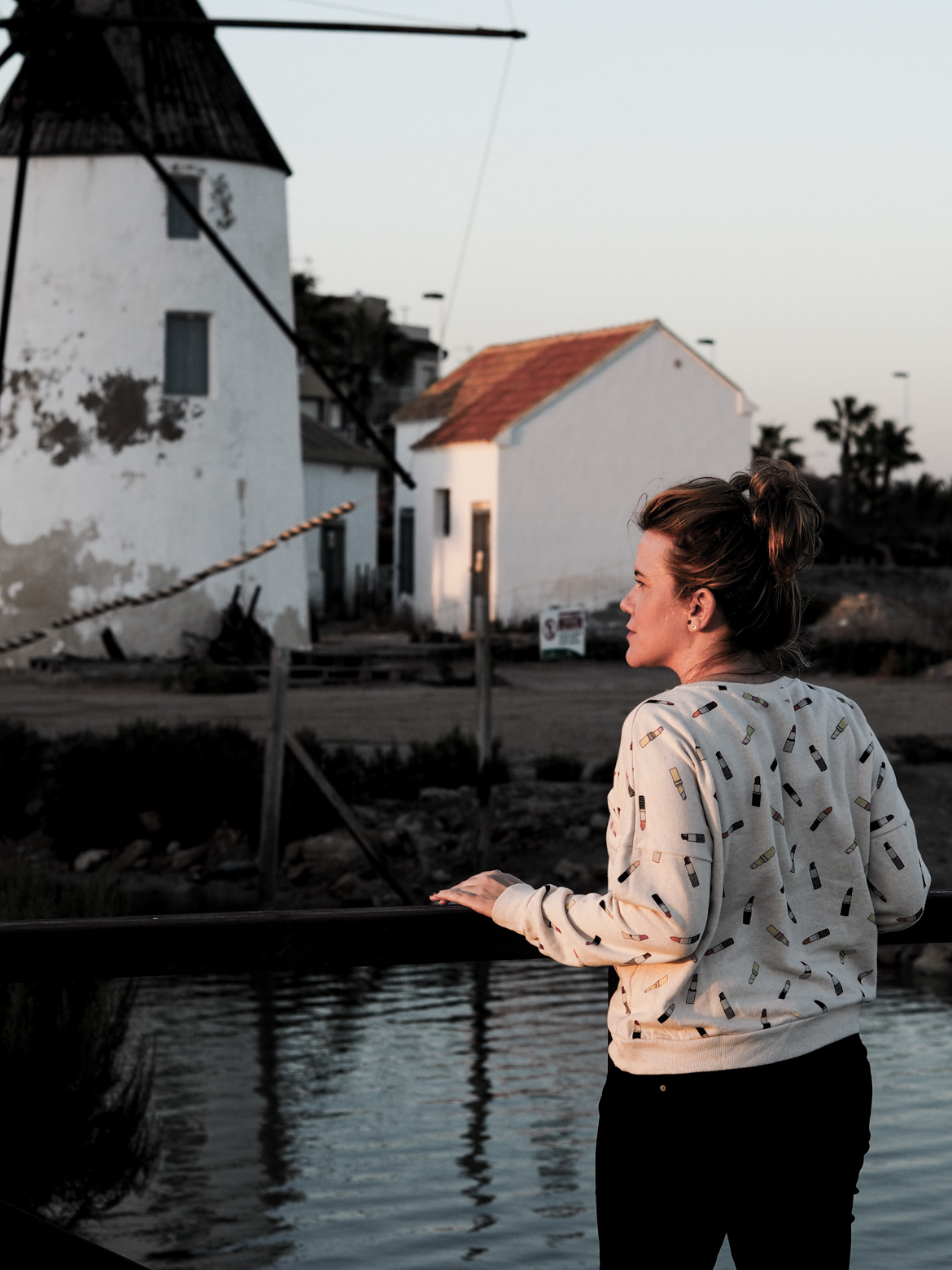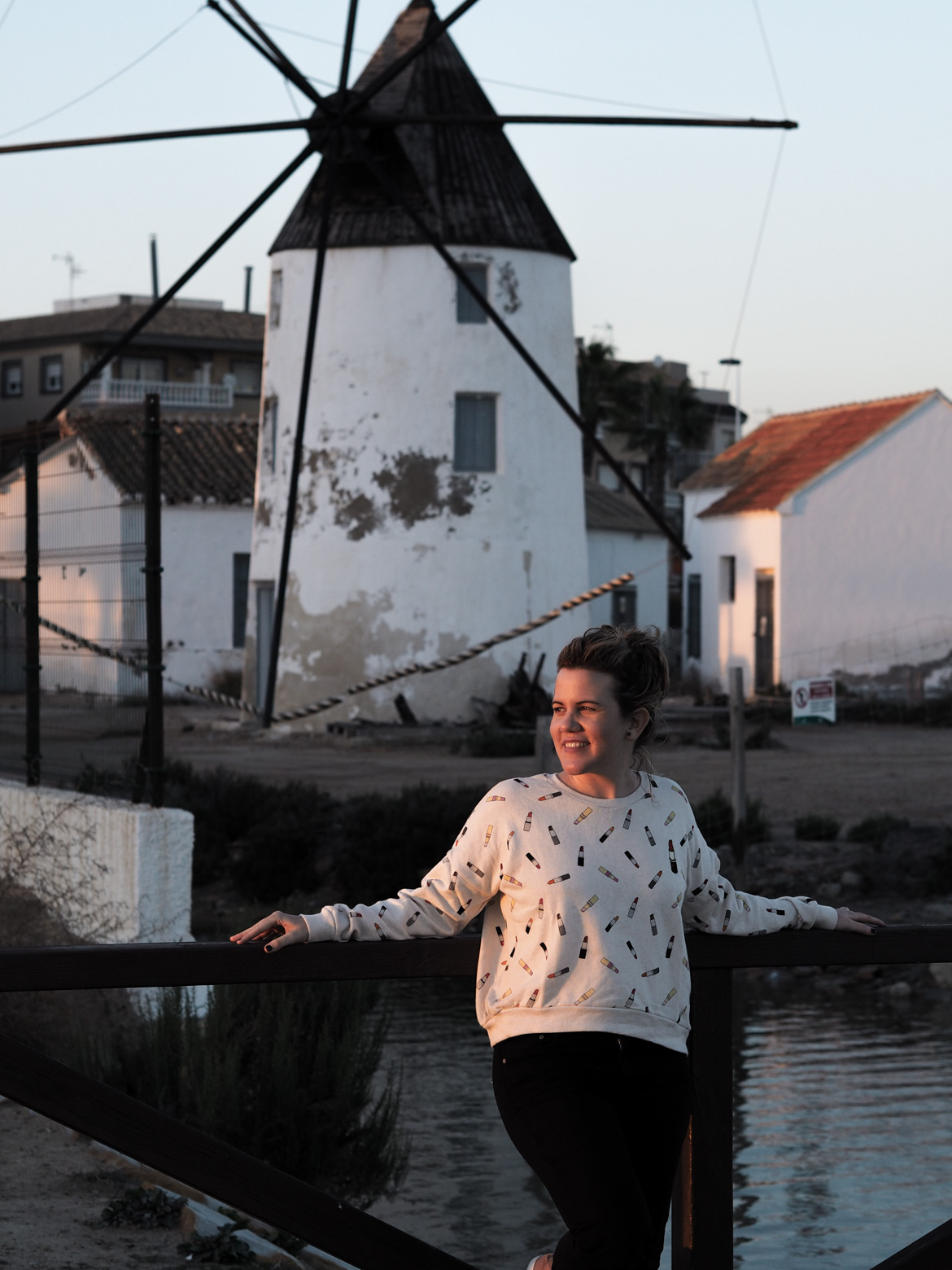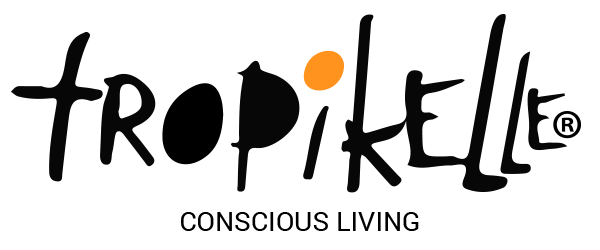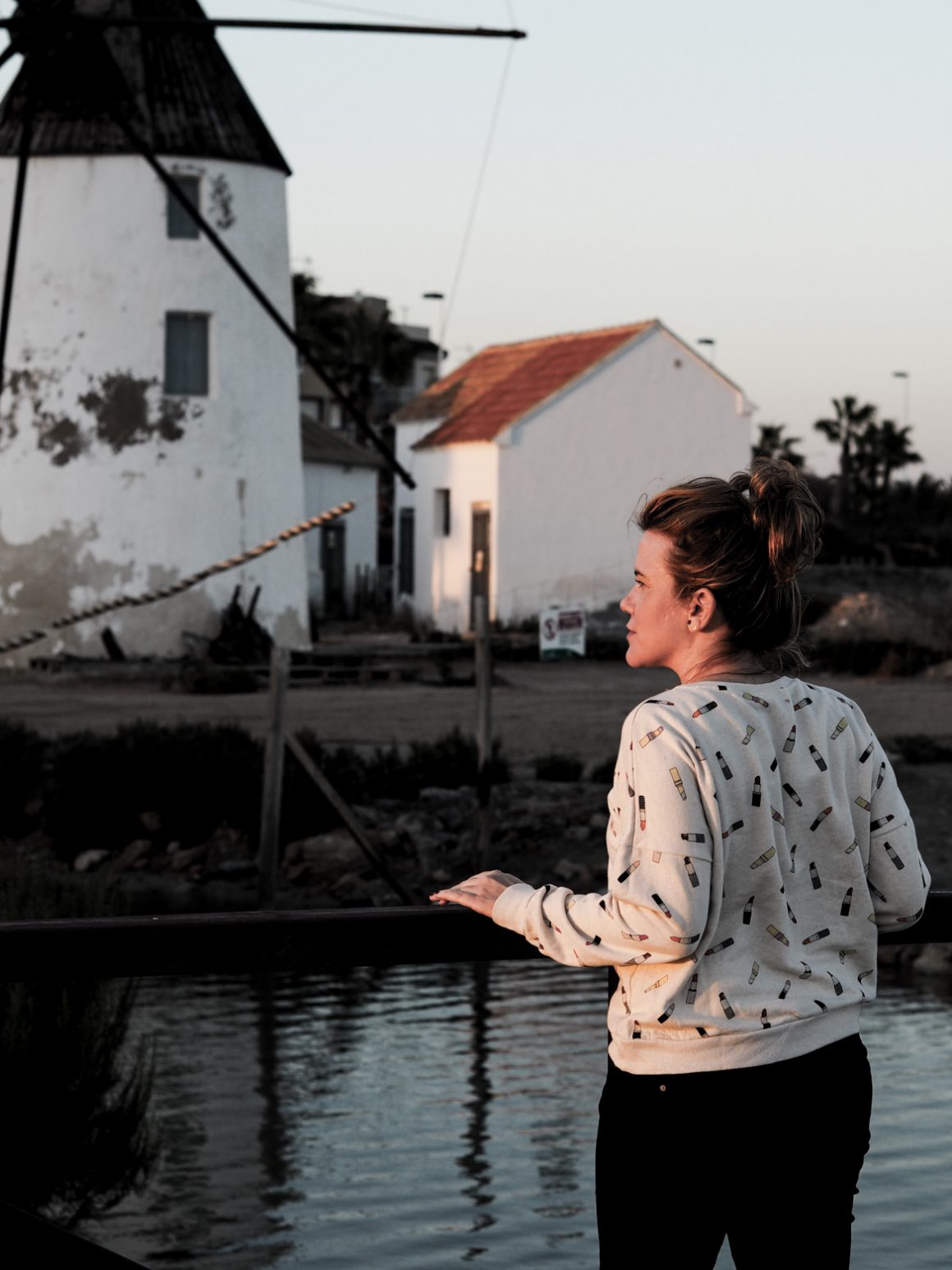Hi there!
Long time no see, I know! Lots going at the moment but today I’m in the mood for something a bit more deep for the blog.
I’m currently on the process of re-designing this blog to make it what I want it to be: a place to learn more about how to live a conscious lifestyle at your own pace. I want this space to be one where we can make choices without being judged and where we can learn from those choices and maybe make a better one next time. It’s a space to learn, be free and be curious about what is behind the brand’s that we buy.
I was writing an email to the graphic designer that I’ve hired for this project to answer a few of her questions regarding the concept of sustainability and conscious lifestyle and other topics regarding the direction of this blog.
Suddenly I found myself deep diving into these concepts and analysing them in a way I’ve never done before. And as I felt like the email was getting too long and quite possibly missing the point that was really relevant for her (sorry Laura if you are reading!) I thought of writing a blog post to put down my thoughts about this.
 What is “the right choice”, really?
What is “the right choice”, really?
I find that many people that are trying to live a more conscious lifestyle can encounter themselves in a crossroad between what is understood as a “right choice” and a “wrong choice”. You can really feel the pressure when you are trying to live a more conscious lifestyle and whatever you see out there is either perfect “green people” or “I dont give a shit about the environment people”. It almost seems like there is no middle ground and that if we are not all green we are all black sheeps.
I want to get this out of your head and I want you to not compare yourself to anyone else. Trust me when I say that there is no right or wrong as such because there are a million different reasons behind our purchasing choices and what is right for some might be out of reach others. The key is to learn from it.
By writing down my way of approaching sustainability, hopefully you will find some comfort in your own journey towards your sustainable lifestyle goal, if you have one. And if not, this can maybe encourage you to just try, and that’s good enough for me!
I hope that you can tell me your thoughts about this topic so that we can learn together. So please leave your thoughts in the comments below, I’d love to know what comes to your mind when you read this.
What the Oxford Dictionary says
Conscious
Adjective
- Aware of and responding to one’s surroundings
Although I was in pain, I was conscious
- Having knowledge of something
We are conscious of the extent of the problem
- (Of an action or feeling) deliberate and intentional
They were growing increasingly security-conscious
By its strict meaning, a conscious does not equal sustainable. The term “conscious” has been used by the sustainable movement with that green connotation and that is fine but it could be confusing for some.
 Are all conscious choices sustainable or good for the environment?
Are all conscious choices sustainable or good for the environment?
To me, the answer is no. I’ve talked before about how it is impossible for a brand to be 100% sustainable, and consequently, how it is impossible for us consumers to make choices that are 100% sustainable in most cases. But that doesn’t mean that the choice isn’t conscious or that is isn’t right.
Maybe it just means that it could be better.
For example, this morning I had a croissant for breakfast. I ordered it being super conscious of what I was ordering and the bad and unhealthy choice that I was making. A croissant gives me ZERO nutritional value and there were lots of healthier choices in the menu. But I chose the croissant, knowing that it was a bad choice, because I love croissants and I allow myself to have one once in a while. I made a conscious bad choice.
What do I win with this choice? The freedom of choosing, of not feeling restriction and having control on what I do.
Will I make a better choice tomorrow? For sure.
But there is another element involved here that is key to know, to be conscious, of that choice you are making: knowledge.
In the croissant example, I’m applying my nutrition knowledge to understand why having a croissant for breakfast is not a great choice. A croissant has basically only simple carbs and saturated fat. I know very well that a balanced breakfast should include protein, complex carbs, good fats and ideally fruits and veggies. This knowledge makes me aware of what I’m eating. I’m not eating a croissant thinking that it’s a good choice.
This is simple, but it is the key to being conscious of your choices. The same applies to everything else that we buy.
 The challenges of making conscious, sustainable choices
The challenges of making conscious, sustainable choices
Here is another non-edible example: I’ve been searching for a perfume brand that’s ethical and that uses non-toxic ingredients to elaborate their fragrances. Not an easy job, let me tell you.
Most clean perfume brands are sold only online. Which means you can’t actually smell the scent until the box gets delivered to you. Then the box arrives, you open the bottle and spray it and if you don’t like it you are stuck with it because you’ve already used it and can’t be returned.
And one could argue: you can buy a sample first. Well, depends on where you live, the shipping could equal the cost of the bottle for only that small sample. And don’t get me started on the carbon footprint.
Truthfully, the struggle is real my friend.
So my other option is to look at brands that are more widely available or sold in places where I can go and smell the perfumes myself. They may or may not be cleaner than those other brand’s that sell online, but at least I know that
- I’m not wasting money
- I’m buying something that I really like and will use for a long time
I imagine some people would think: well, perfume is not really necessary, so you are better off not buying any perfume at all.
Sure, but to me it is necessary.
At the end of the day it comes down to your individual preference and what you want or desire. I’m a big advocate of doing what makes you happy as long as you are aware of the choice you are making. It’s okay to buy your favourite perfume which ingredients are not perfect or not sourced ethically. Or as Emma Watson said to Into the Gloss: “Sometimes you want to wear a waterproof mascara, and that’s okay”.
My point here is, do what makes you happy. But be conscious of the choice you are making. Of course the ethical/sustainable/second hand route is always going to be a better choice. But sometimes there is a reason behind why not to choose it for every single thing we do or buy in our lives. And that’s okay.
Let me know what your thoughts are in the comments!
Besos
Elisa
Wearing old jeans from Zara and old sweatshirt from Pull & Bear (can you spot all the lipsticks?) Love it!




Leave a Reply
You must be logged in to post a comment.